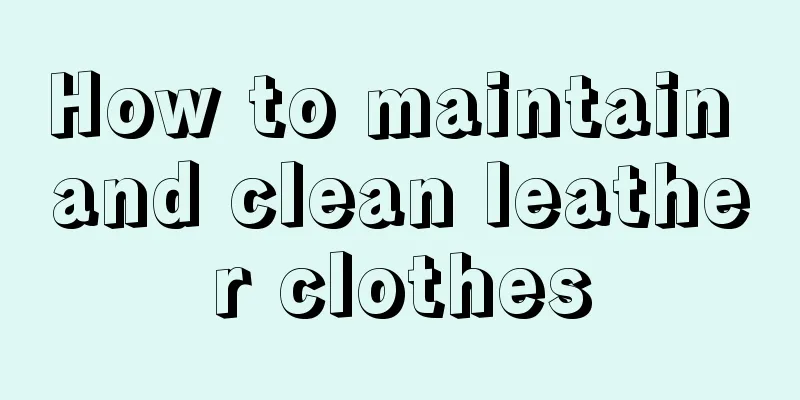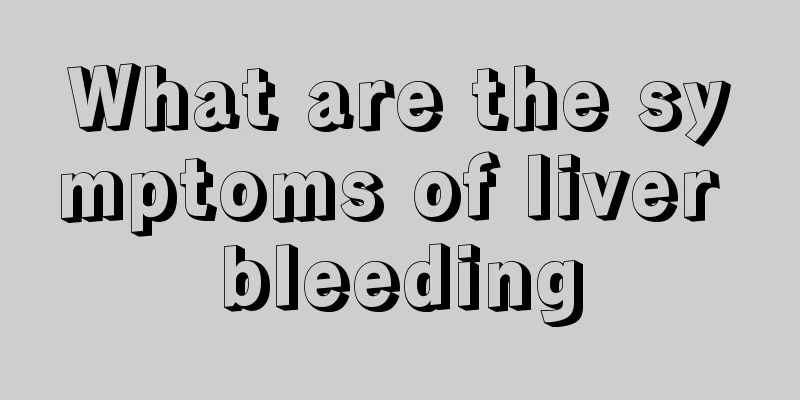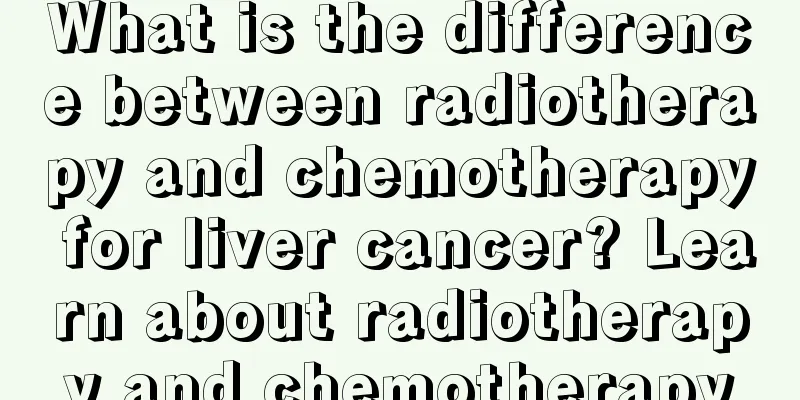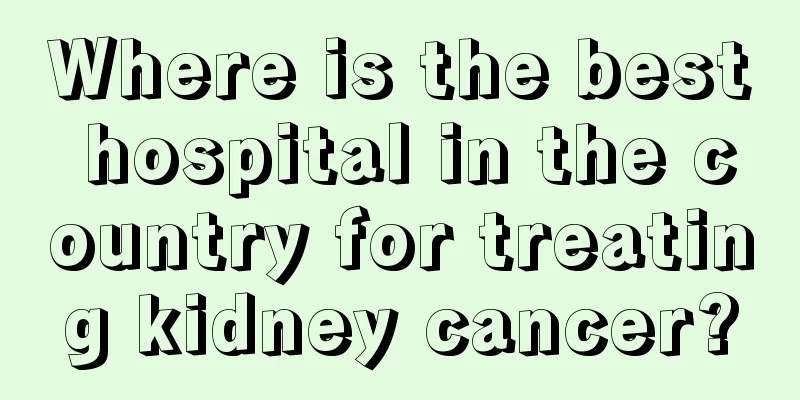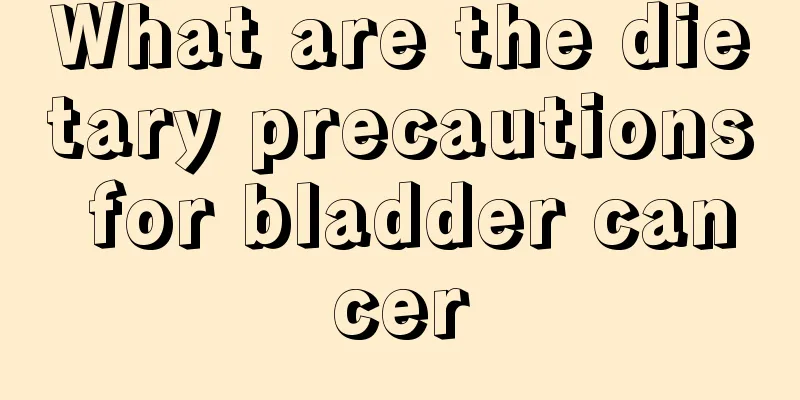How long after wisdom teeth extraction can I rinse my mouth?
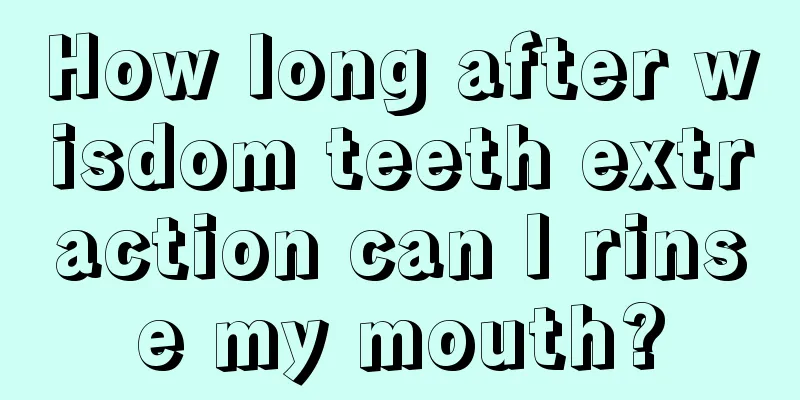
|
Under normal circumstances, young and middle-aged people will not have oral problems. Of course, this is not absolute, especially the existence of wisdom teeth, which makes many people feel at a loss. Wisdom teeth are a type of tooth that commonly occurs in adults aged 20 to 30. The growth of wisdom teeth will have a certain impact on a person's quality of life, especially causing oral pain. So most people choose to remove wisdom teeth. So can they rinse their mouths immediately after removing wisdom teeth? 1. How long after tooth extraction can I drink water? Generally, you can drink water two hours after a tooth is extracted, because the blood clot will have coagulated well two hours after the tooth is extracted. However, you need to pay attention to the water not being too hot or too cold at this time, and do not suck hard. Semi-liquid diet and soft food are appropriate, and do not chew on the side where the tooth was extracted. Rinse your mouth lightly after eating to prevent wound infection. 2. How long after tooth extraction can I eat? After tooth extraction, many people will worry about the inconvenience of chewing, which will affect their diet. Many friends who love food are worried about the contraindications after tooth extraction, so they are extra careful. Therefore, you must follow the doctor's advice and instructions after tooth extraction. Because tooth extraction is performed under local anesthesia or nerve block anesthesia, it is generally painless during extraction. Spit out the cotton ball half an hour after tooth extraction. Do not brush your teeth or rinse your mouth on the same day because it will affect blood coagulation in the wound. You can eat 2 hours after tooth extraction, but the temperature should not be too hot. Just chew on the healthy side. 3. How long after wisdom teeth extraction can you rinse your mouth? The wound has just healed after tooth extraction. At this time, the local fibroblasts have just extended and grown from the alveolar bone wall toward the blood clot, and gradually organized the blood clot to make it firm and strong. Regarding the question of how long you can brush your teeth after tooth extraction, generally speaking, you should not rinse your mouth, let alone brush your teeth, within 24 hours after tooth extraction. If you are in a hurry to rinse your mouth and brush your teeth, you may rinse or brush away the blood clot and cause further bleeding, or cause an empty tooth socket and lead to unbearable pain "dry socket", which will prolong the healing time. |
<<: Can hair grow back after falling out from staying up late?
>>: What should I do if my underwear is not washed and has bugs?
Recommend
How long does it take for Shenqi Pills to take effect?
The kidneys are important organs in our body. Fro...
What are the oral chemotherapy drugs for treating ovarian tumors?
There are many drugs for treating ovarian tumors....
How to identify nail melanoma
Many people do not know about nail melanoma, but ...
Lung cancer should be treated early
The clinical manifestations of lung cancer are di...
How to wear a peaked cap to look good
In TV dramas and movies, we often see some men we...
What are the effects and ways to eat Cordyceps sinensis
We often hear about Cordyceps sinensis, and many ...
How long can I live with swollen hands and feet in the late stage of lung cancer?
How long can you live with swollen hands and feet...
The hazards of hair dryers
What are the hazards of hair dryers? When we use ...
How to determine whether the discharged substance is old stool
Each of us needs to go to the toilet, urinate and...
What causes angina?
We all know about the disease angina pectoris, bu...
What should we pay attention to when drinking water?
Water is the source of life and people cannot liv...
Can I eat eggplant if it has black spots inside?
If we buy eggplant, we actually need to eat it in...
Is hair loss due to kidney yang deficiency or yin deficiency
Every autumn, many people find that they are losi...
Bladder cancer surgery cure rate
When we say someone's disease is "cured,...
How to use a pumice stone
The foot is an organ that the human body uses for...
